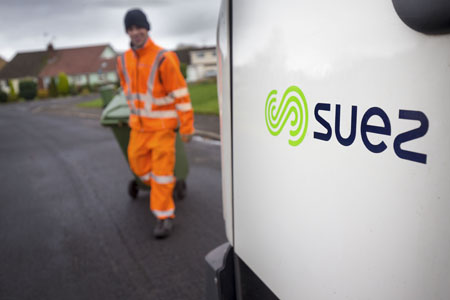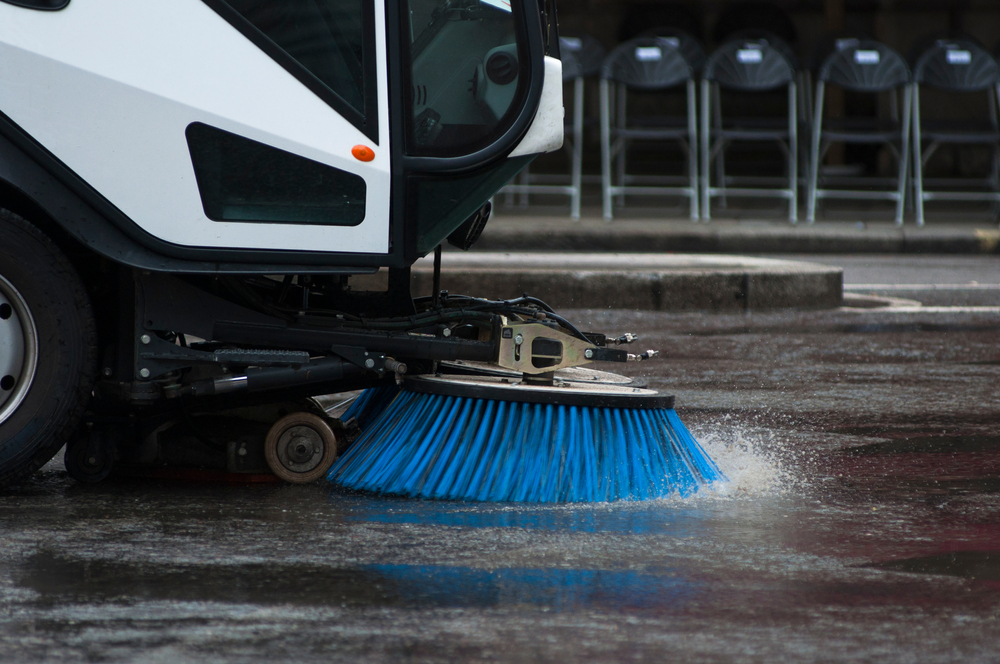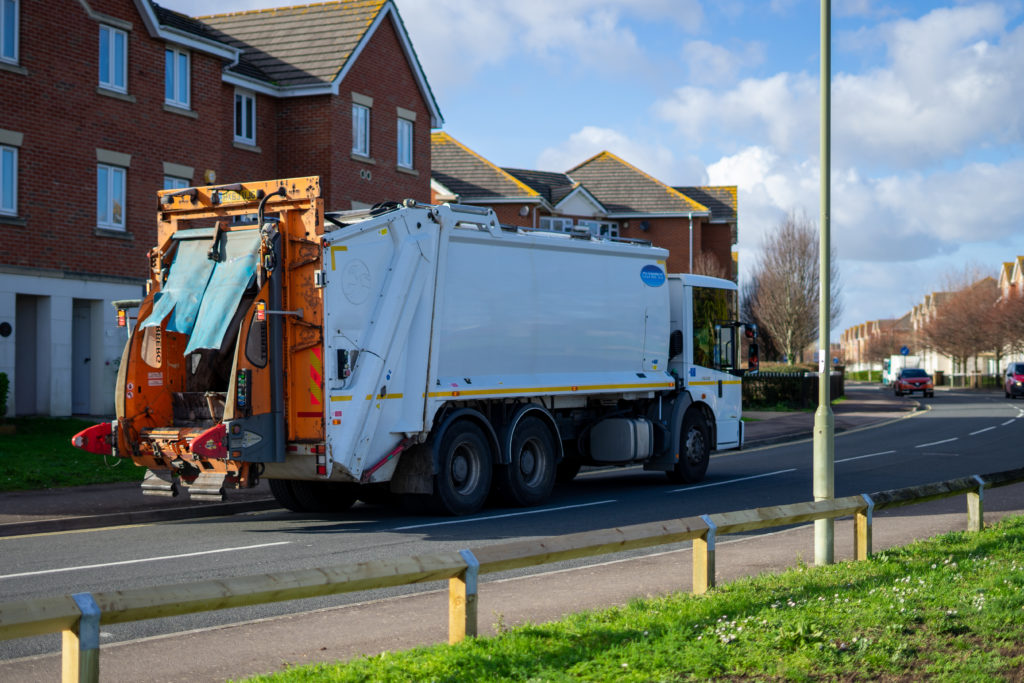The facility is expected to cost around £2 million and Suez said development will take four to five months if accepted. The company said it hopes to have it operational this autumn.

A Suez spokesperson told letsrecycle.com: “As part of our waste management contract with Greater Manchester combined authority, Suez Recycling and Recovery UK is developing a new street sweepings recycling facility.
“Here 90% of the grit, soil, twigs and other detritus swept from Greater Manchester’s roads will be cleaned, separated and recycled through a specialist mechanical sorting process.
“Organic matter will be transferred to other plants to be turned into compost, sand and aggregates will be used by the construction industry, and the filter cake – a fine clay-like material left at the end of the filtering process – will be used in landfill remediation.
“The remaining 10% that can’t be recycled will be used to generate electricity at a local energy from waste facility. The facility will ensure 100% of the authority’s street sweepings are diverted from landfill.
Suez said the facility is to take advantage of the existing infrastructure at the United Utilities water treatment site at Ashton Street, Dukinfield, where it is to be built.
Process
Materials delivered to the plant will be offloaded into storage bays and then loaded into the treatment plant feed hopper via a bucket on a telehandler-type mobile plant.
All materials will undergo the same treatment process of screening, washing, grading, sorting and separation by gravity, centrifugation, and dewatering for the purpose of recovering the components, grit, sand, organics, metals, aggregates and plastics.
The resulting products and outputs are to be stored in bays before being removed from site.
Manchester
In May 2019 Suez signed contracts worth more than £1 billion to manage waste from the region’s 2.3 million residents (see letsrecycle.com story).

The street sweepings recycling facility is to be added to the 41 facilities across 24 sites currently managed by the company under the terms of the contract, which include four mechanical treatment and Rail Head reception facilities, 20 household waste recycling centres, eight transfer loading stations, a thermal recovery plant and a materials recovery facility.
For the 2018/19 financial year, Greater Manchester waste disposal authority had a recycling rate of 47.9%, slightly above the national average of 45.1%.
Figures published in October 2019 showed its Manchester contracts had significantly helped boost Suez’s financial results for the first nine months of 2019 (see letsrecycle.com story).
West Midlands
In 2016, Suez signed an agreement with CDEnviro for high frequency wet processing equipment to “achieve end-of-waste and waste-derived material accreditation on its final products” (see letsrecycle.com story).
The equipment was installed at Suez’s commercial depot and transfer station in Willenhall, West Midlands, which handles street sweepings.









Subscribe for free